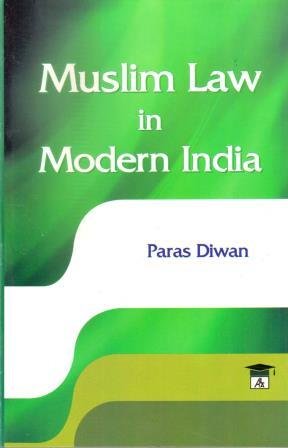

Most ebook files are in PDF format, so you can easily read them using various software such as Foxit Reader or directly on the Google Chrome browser.
Some ebook files are released by publishers in other formats such as .awz, .mobi, .epub, .fb2, etc. You may need to install specific software to read these formats on mobile/PC, such as Calibre.
Please read the tutorial at this link: https://ebookbell.com/faq
We offer FREE conversion to the popular formats you request; however, this may take some time. Therefore, right after payment, please email us, and we will try to provide the service as quickly as possible.
For some exceptional file formats or broken links (if any), please refrain from opening any disputes. Instead, email us first, and we will try to assist within a maximum of 6 hours.
EbookBell Team

4.1
60 reviewsproblem of looking at Muslim law, which, to a great extent, still continues to
be based on the Koran, the sunna, the ijma and the Kiyas (though opinions
still differ among the doctors of Muslim law as to how much Islamic law is
indeed based on the kyas), objectively—how much of Muslim law is still based
on ancient sources and how much of it has been changed or mutated during
the course of its administration by the British Indian courts and the Priyy
Coimcil, and thereafter, and how much of it is in conformity with the
contemporary social needs and modem thought. The problem is not of merely saying that polygamy and talak are out-moded (even most Muslims agree that it is so), but of looking at the entire gamut of Muslim law more deeply an dispassionately. And, may be, in this task a non-Muslim student of Muslim Law has a better prospect of success. The other objective of writing this book is to provide a concise yet full account of Muslim personal law as it isadministered in modem India.